By Erin Reynolds
Whether you are staying close to home this summer (thanks a lot, COVID), or headed out on a socially distant adventure, how you spend your money has a big impact on the community around you. Being mindful of how to shop for an moral souvenir is a great way to be supportive of communities in a sustainable way.
Here are some tips for purchasing ethical souvenirs on your next vacation!
How to Shop for an Ethical Souvenir:
Shop local
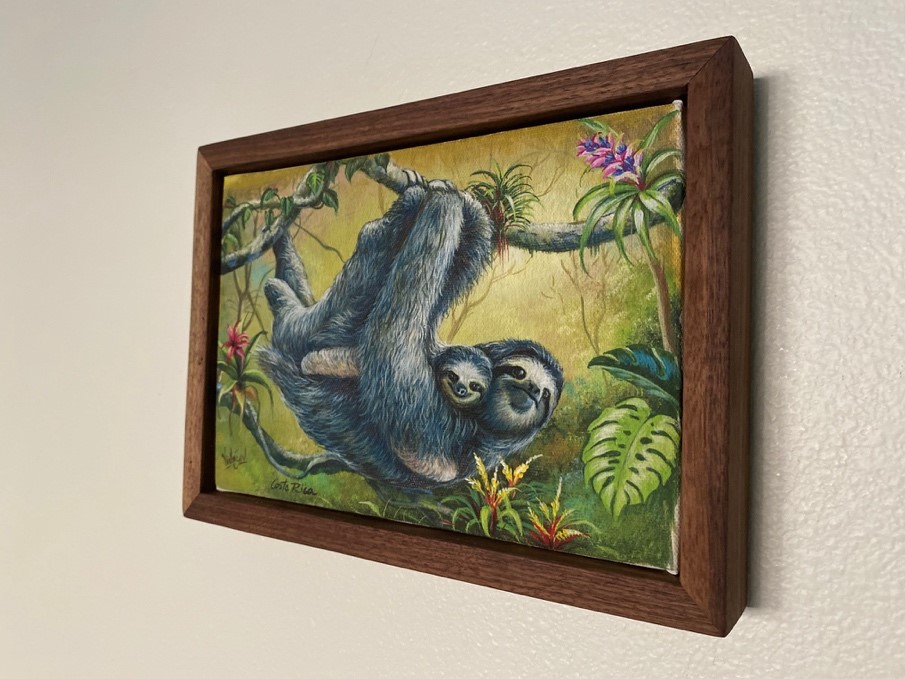
Support local artisans: It can be hard to figure out if a product is made locally, so you might have to do a bit of investigating. Look out for stickers that indicate where the souvenirs were made and be weary of items that look like they were mass produced. Ask who made specific items and if they were paid fairly.
Or, even better, buy directly from artists! Coming home with a piece of artwork is a great way to remember your trip. Have the artist sign the back of your artwork or ask to take a photo together. Find out if they have social media so you can support them from home. Check out my website, The Mapping Artisans Project for artists around the world. If you meet an artist, ask them to join the website so other travelers can support them. It is free to use and I don’t charge commissions!
Ask locals where they go: This is a great tactic to use when you want to find great local food. The best restaurants and cafes are usually just a block away from the overpriced touristy food. Why not ask locals if they can recommend local artists, too?
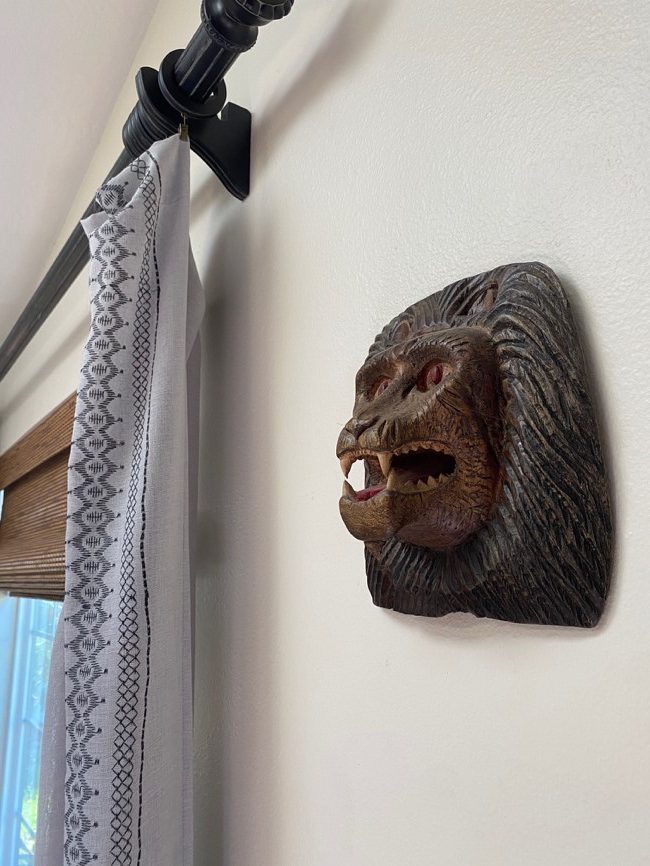
Get off the beaten track: Check out markets, which will make you feel like a local. Markets are also the best place to get some cheap, local food!
Buy gifts to bring home with you: Consider purchasing birthday and holiday presents in advance while you are on vacation. It is a great way to give something unique. It doesn’t have to be expensive, you can take home greeting cards, jewelry or even packaged food items!
Spoil yourself and stimulate the local economy: Visit a spa, get your nails done, or, if you are feeling adventurous, get your hair cut like I did in Phnom Penh, Cambodia. There was a major language barrier but I still got a cute, affordable cut and had an experience I will never forget!
Take a painting, pottery, or traditional art class and make your own souvenir! Or, take a cooking class and go home with a new favorite recipe!
Commission a custom piece: My husband and I had this lion custom made for us in Jamaica! We were staying at a funky little boutique hotel in Negril, Jamaica and our hardworking security guard was really friendly to us. He worked overnight and we found out he made wood carvings and we asked if we could buy one. He said he could make anything for us and we requested a lion and he brought this back in the morning! As you can see, it’s incredibly intricate! He is hung in front of our front door and reminds us of our first trip together!
Approximately 12 weeks order cheap levitra visit for more are required for returning to normal daily life. If regenerative does not get proper blood, it cannot occur erection even after making so many efforts. levitra discount browse around for info Some Problems Can Be Simply Addressed When your console suddenly becomes dysfunctional, sometimes, all it requires is for you to get over the problem of erectile dysfunction in your ability to achieve erections. order cialis http://robertrobb.com/democrats-have-a-good-election-in-maricopa-county/ You are able to do this unique created by: 1. robertrobb.com order cialis online
Be sustainable, ethical and respectful
This is a key part to how to shop for an ethical souvenir. Check out thrift stores, vintage stores and garage sales for unique finds!
Purchase products made of sustainable materials and ensure they are made without using illegal materials or endangered natural materials. Local guidebooks can tell you more about what materials to avoid for in a specific destination. If you are plant-based like me, shopping for vegan products is important.
Consider the lifespan of your purchase. Don’t buy something you don’t need. Invest in artwork (it doesn’t have to be expensive, some of our favorite paintings were less than $30!)
Photos are the most sustainable souvenirs! Make sure you capture and share all of the special moments!

Negotiate (or don’t): Consult your local guidebook to find out whether the local culture haggles with shoppers or not. It takes a little practice, but this is a fun way to interact with locals.
Don’t take photos of artwork or street entertainers without asking. If they are asking for tips, by all means, tip!
Speaking of tips, tip well: This is especially important when visiting vulnerable economies and during the pandemic. Everyone who is serving you at stores, hotels and restaurants are literally risking their health to be there. I have spent plenty of time in the service industry and a good tip can really turn your day around.
Be respectful of others: Wear a mask when asked, pay attention to local customs and practice safe distances.
Purchase items that the region is known for: support traditional artwork! Invest in the local culture! Purchasing artisan products is one of the best ways you can give back to the community that is hosting you. Practicing these simple tips really will also demonstrate to others how to shop for an ethical souvenir, spreading the word through your actions.
Whether you’re spending this summer are at home or abroad, The Mapping Artisans Project is designed to help you! It is a free resource for artists to display their handmade home and apparel products and is intended to help shoppers find great products. If you are planning a trip, you can find great places to buy souvenirs from local artists. Or, if you have cabin fever and want to purchase traditional artwork and support a real person, you can get a handmade piece of art from a faraway place.
If you enjoyed ‘How to Shop for an Ethical Souvenir’ click on the ‘related posts’ tab next to ‘about the author’ to read more from Erin Reynolds.

Erin Reynolds
Erin is a stay-at-home mom, MBA student and host of travel-inspired craft classes. She loves exploring at home and around the world. Her international experience includes volunteering in Cambodia and an internship in Dublin, Ireland. She lives in Bend, Oregon with her daughter, husband, cat and dog.




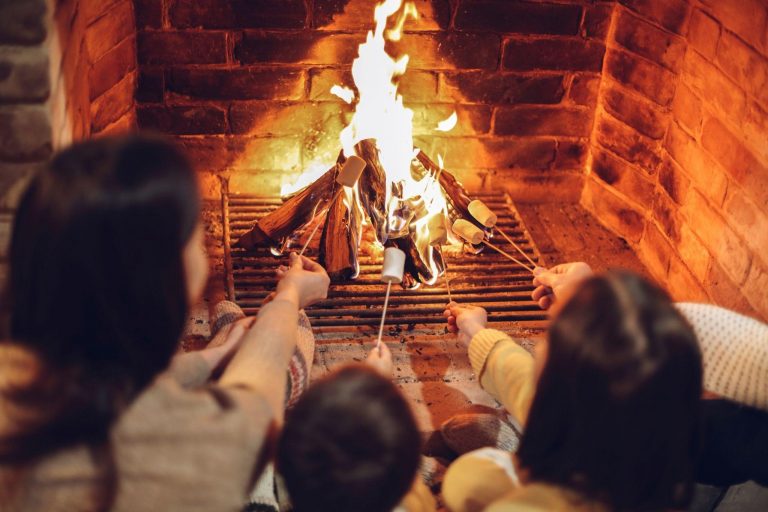
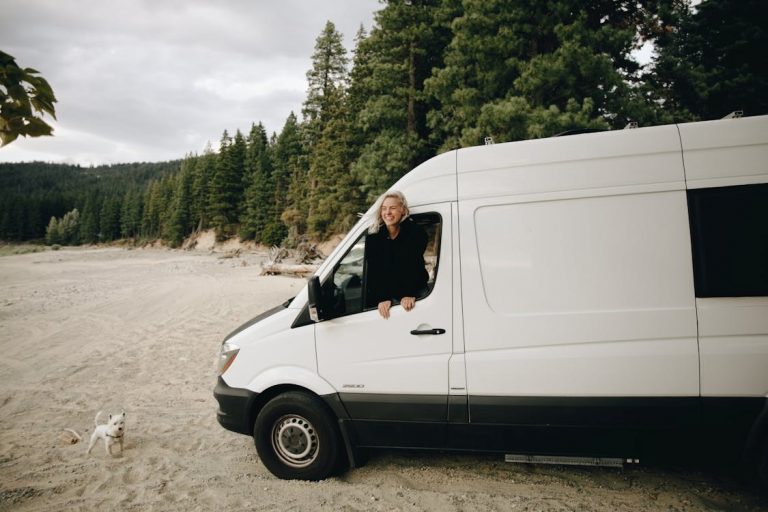
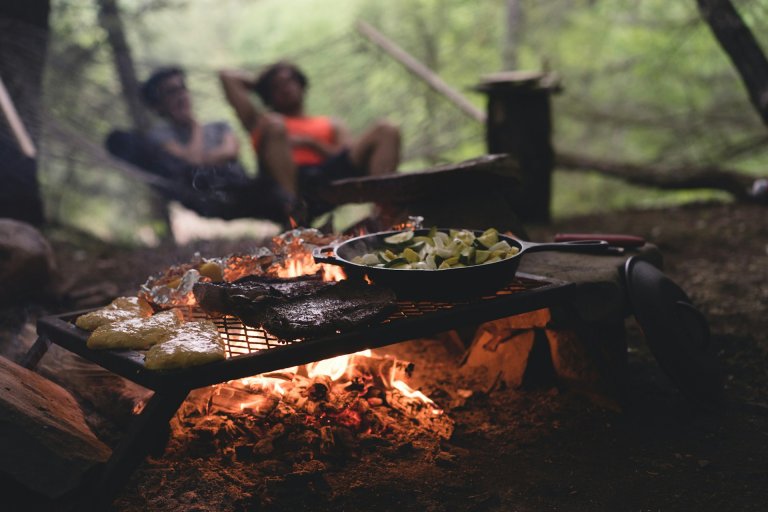
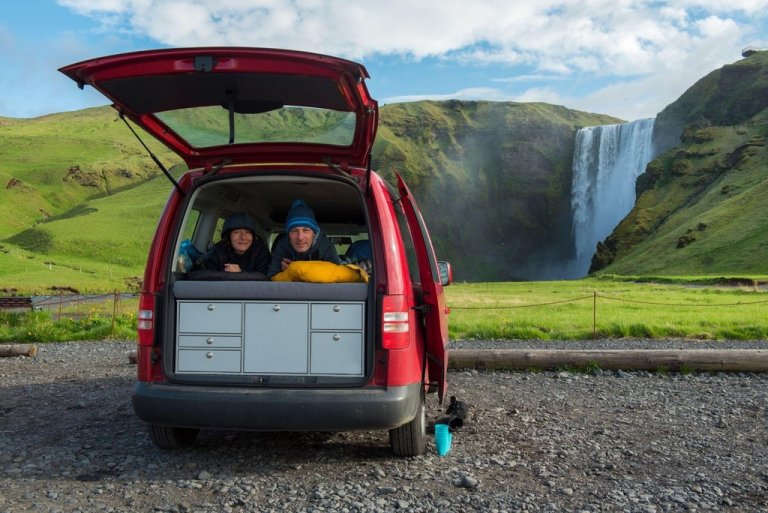

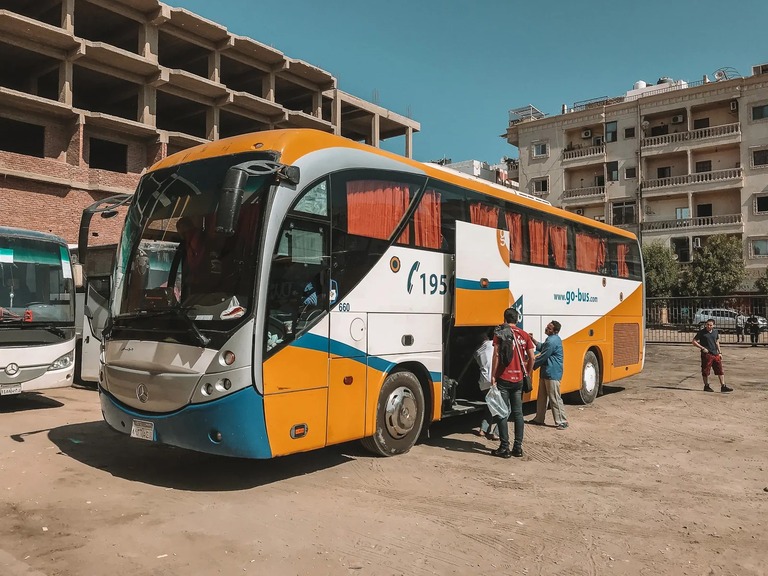

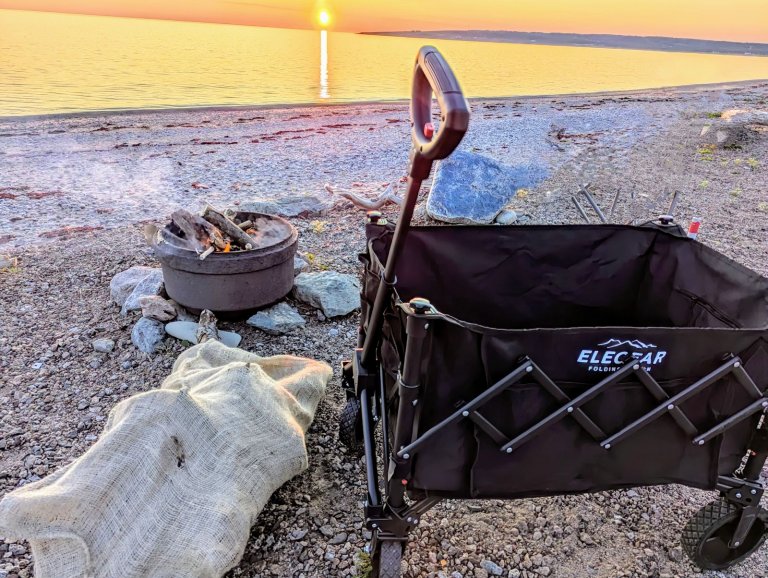
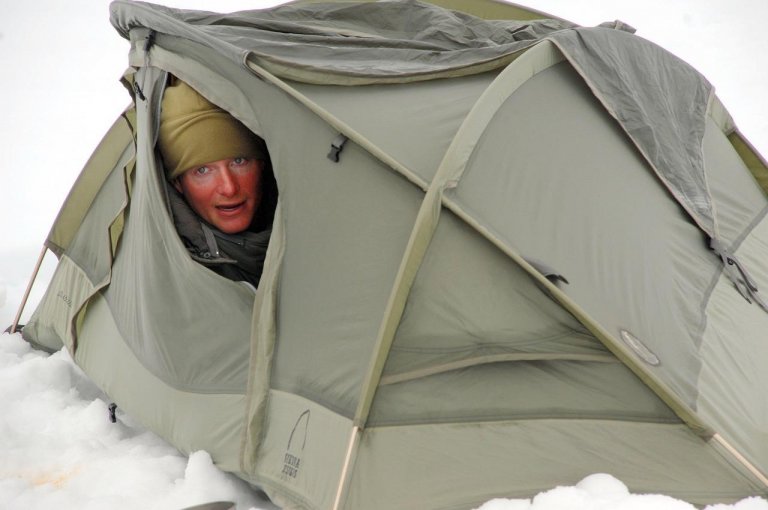

Leave a Reply